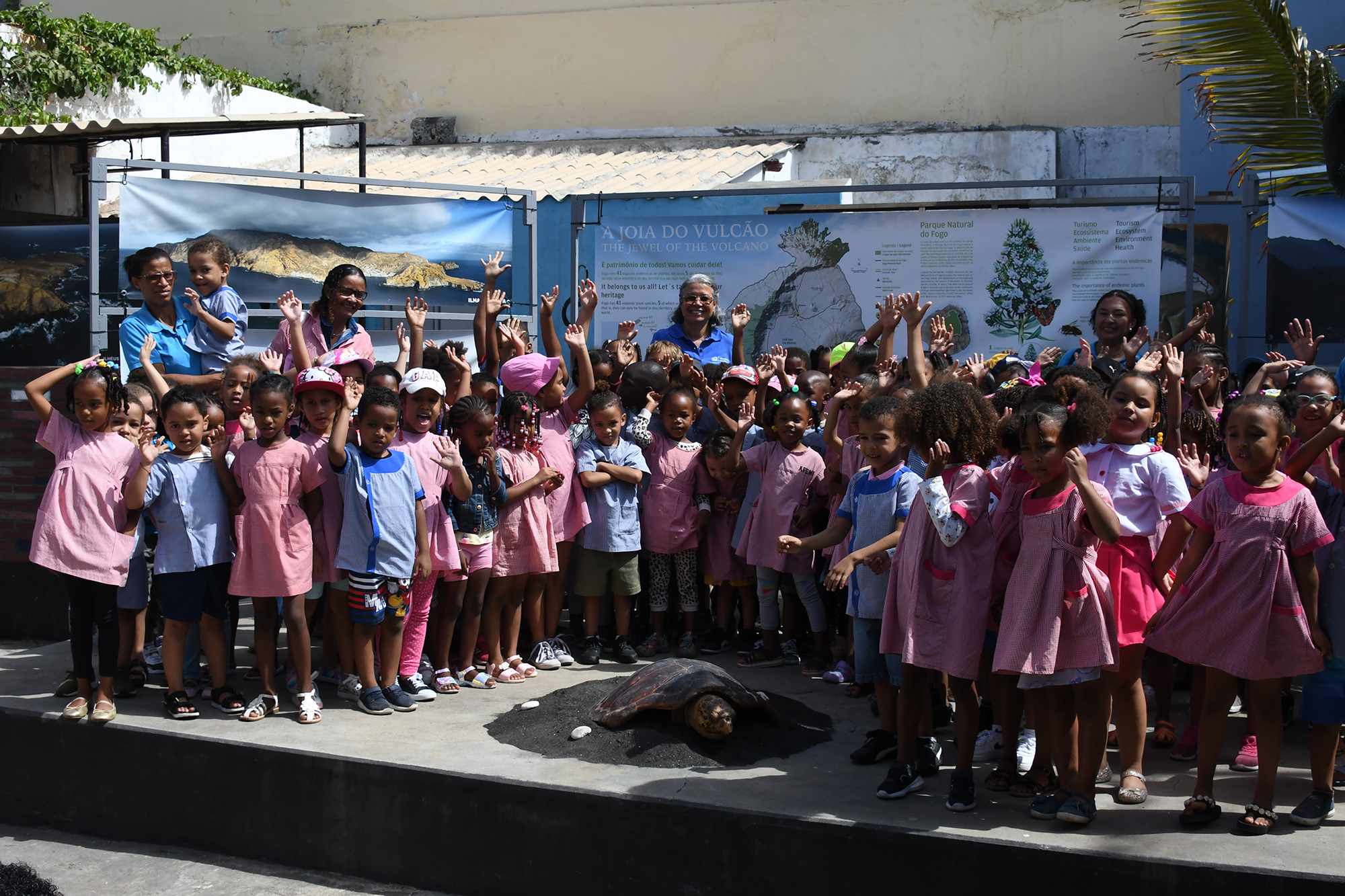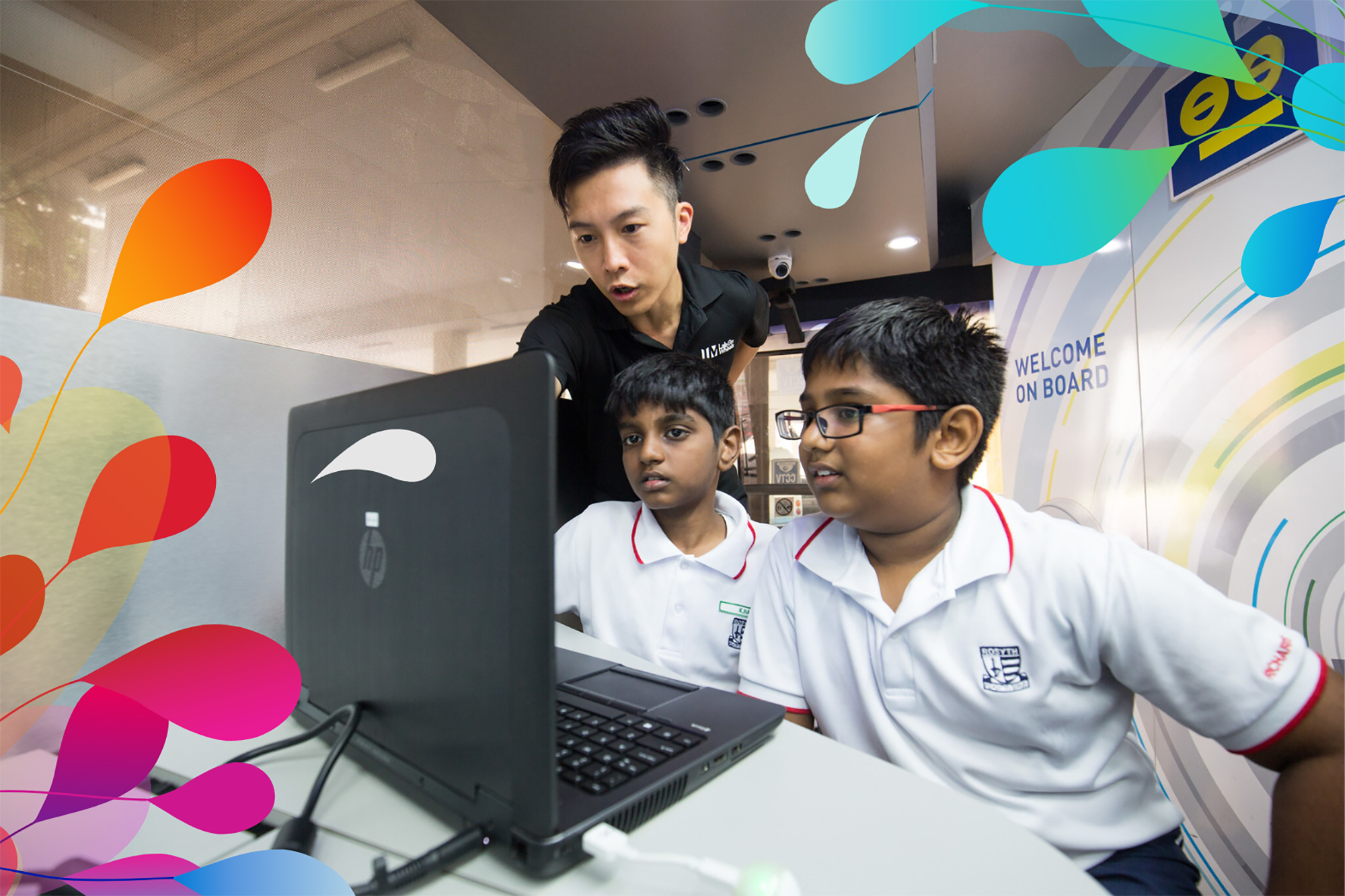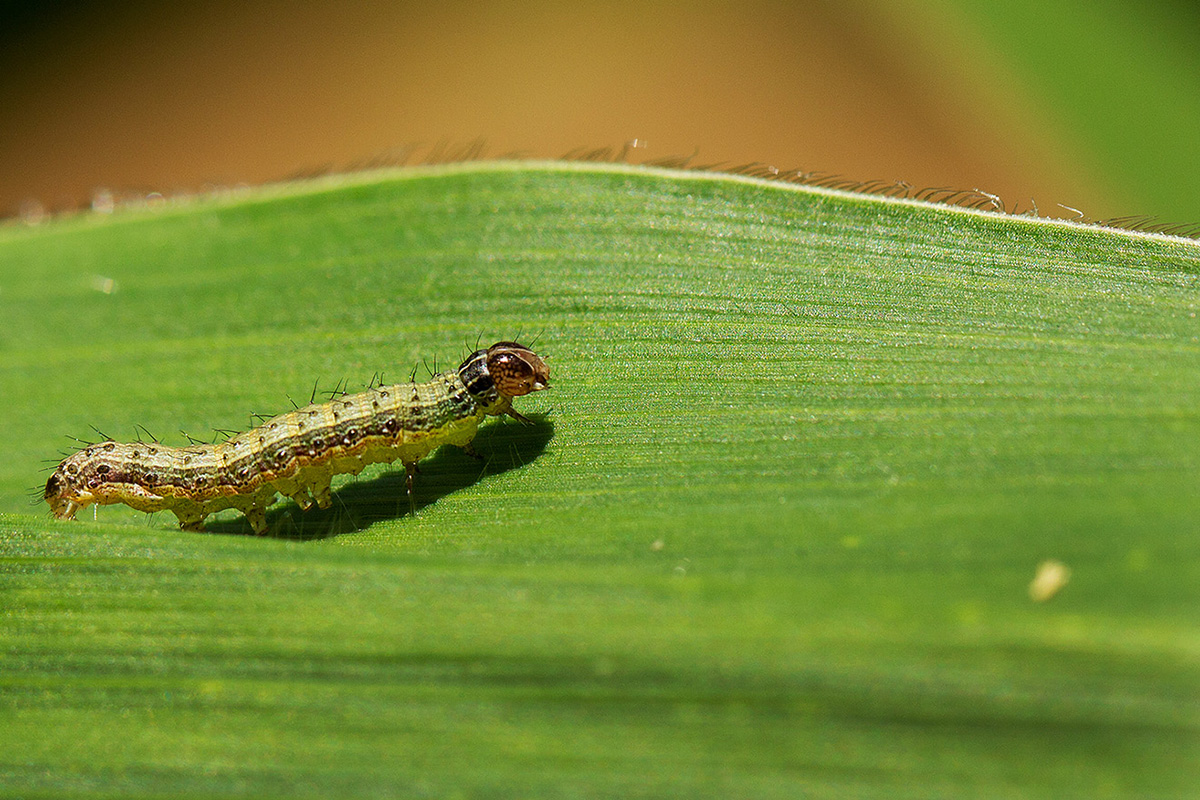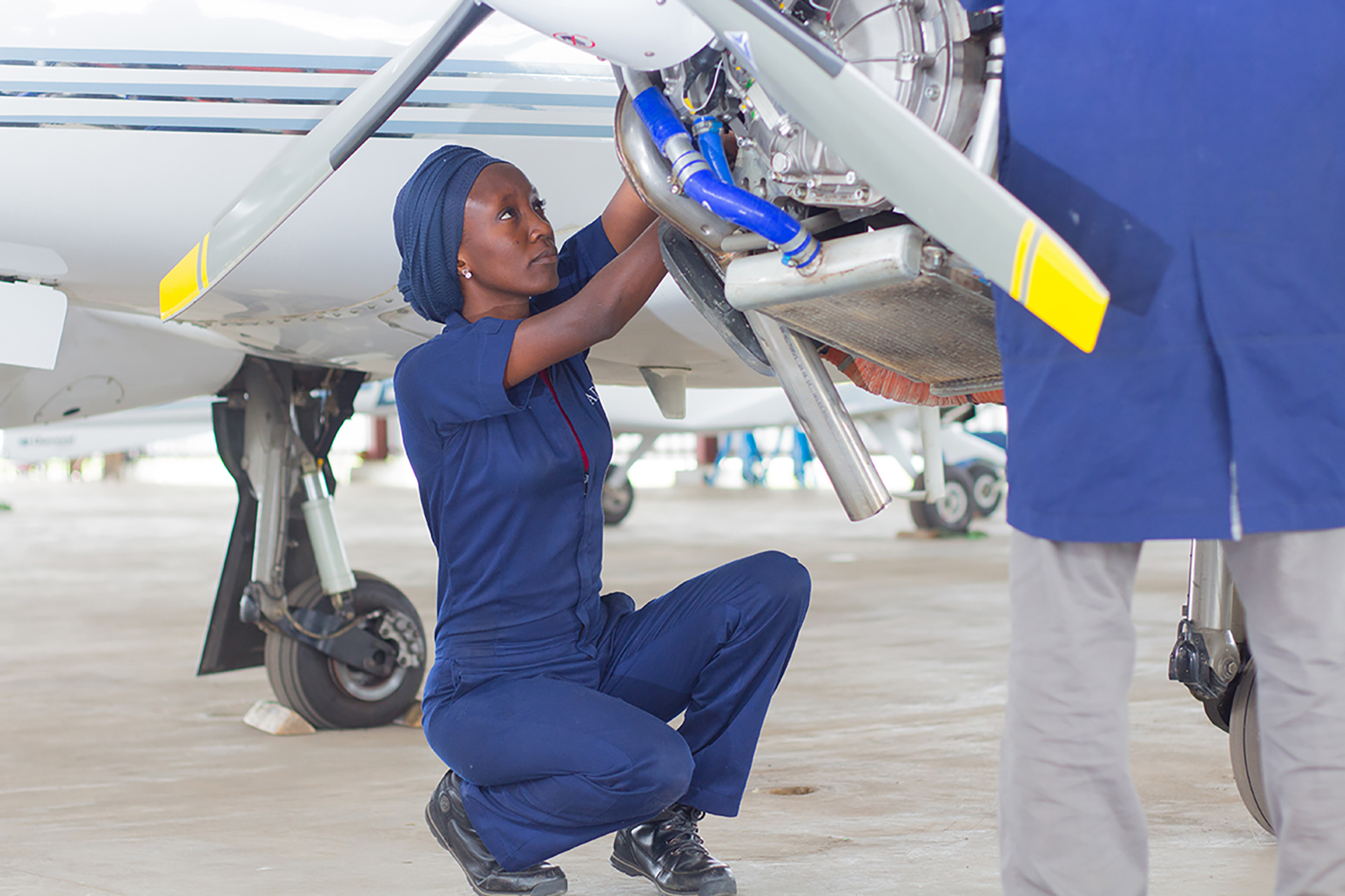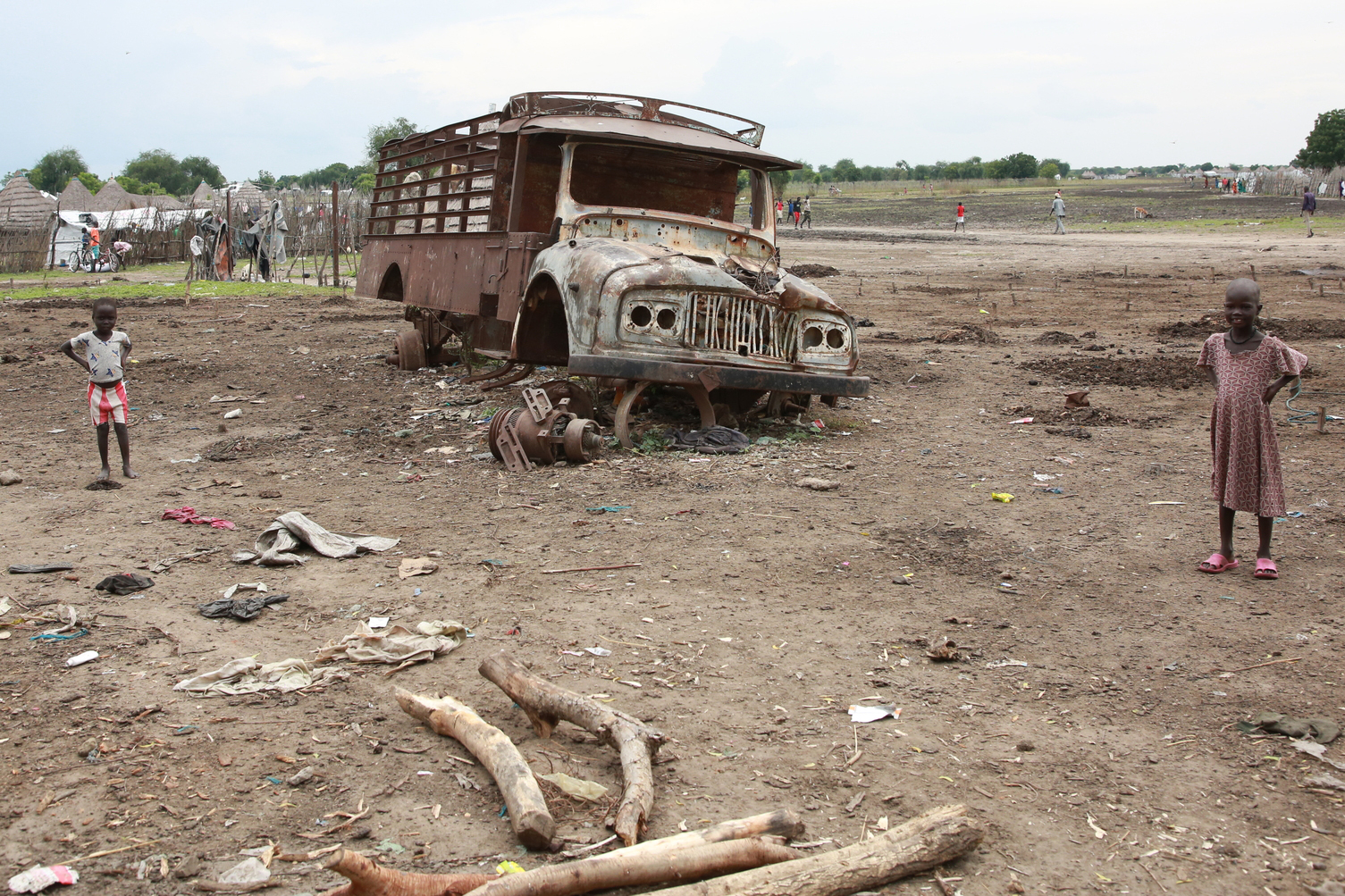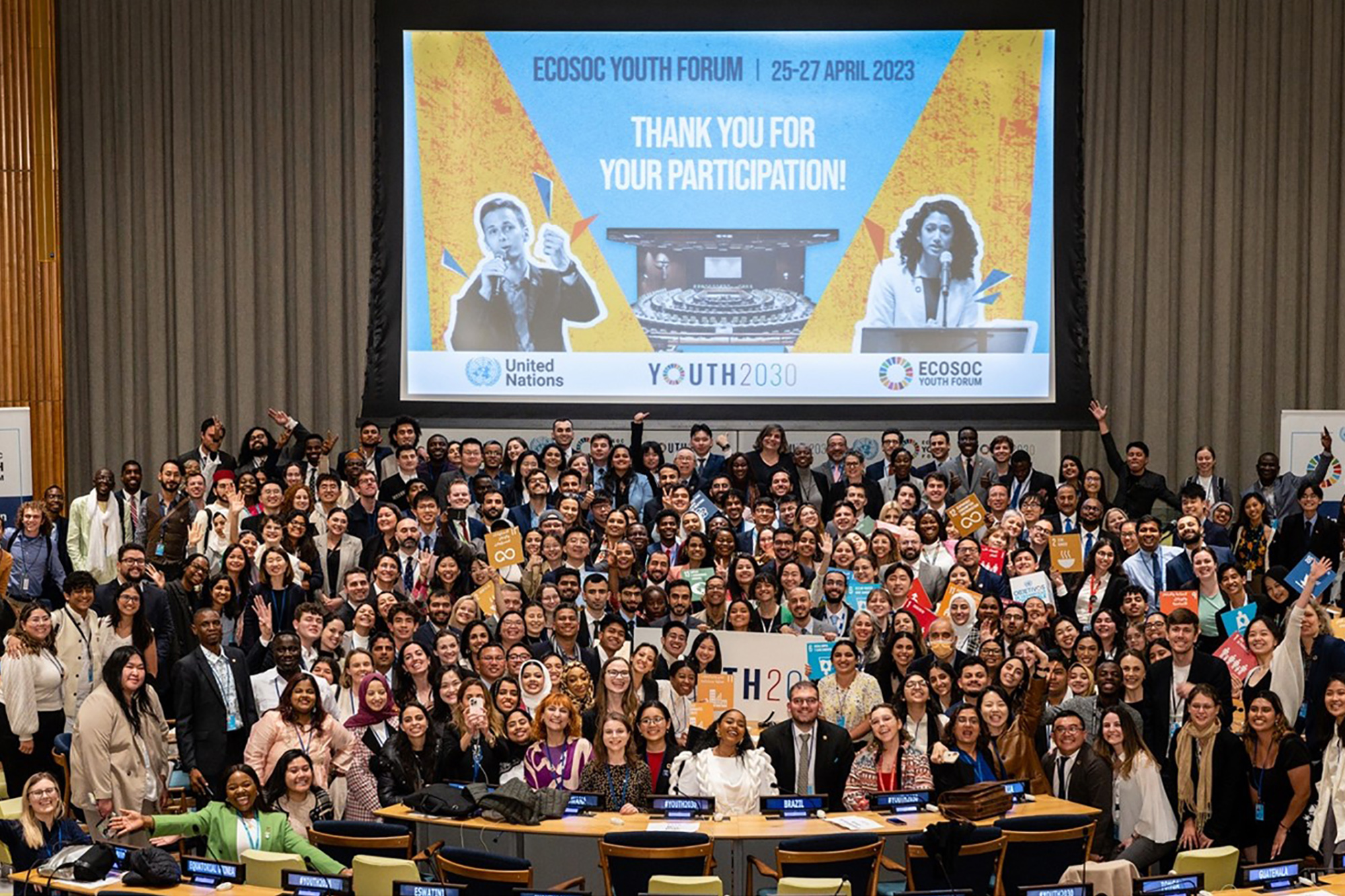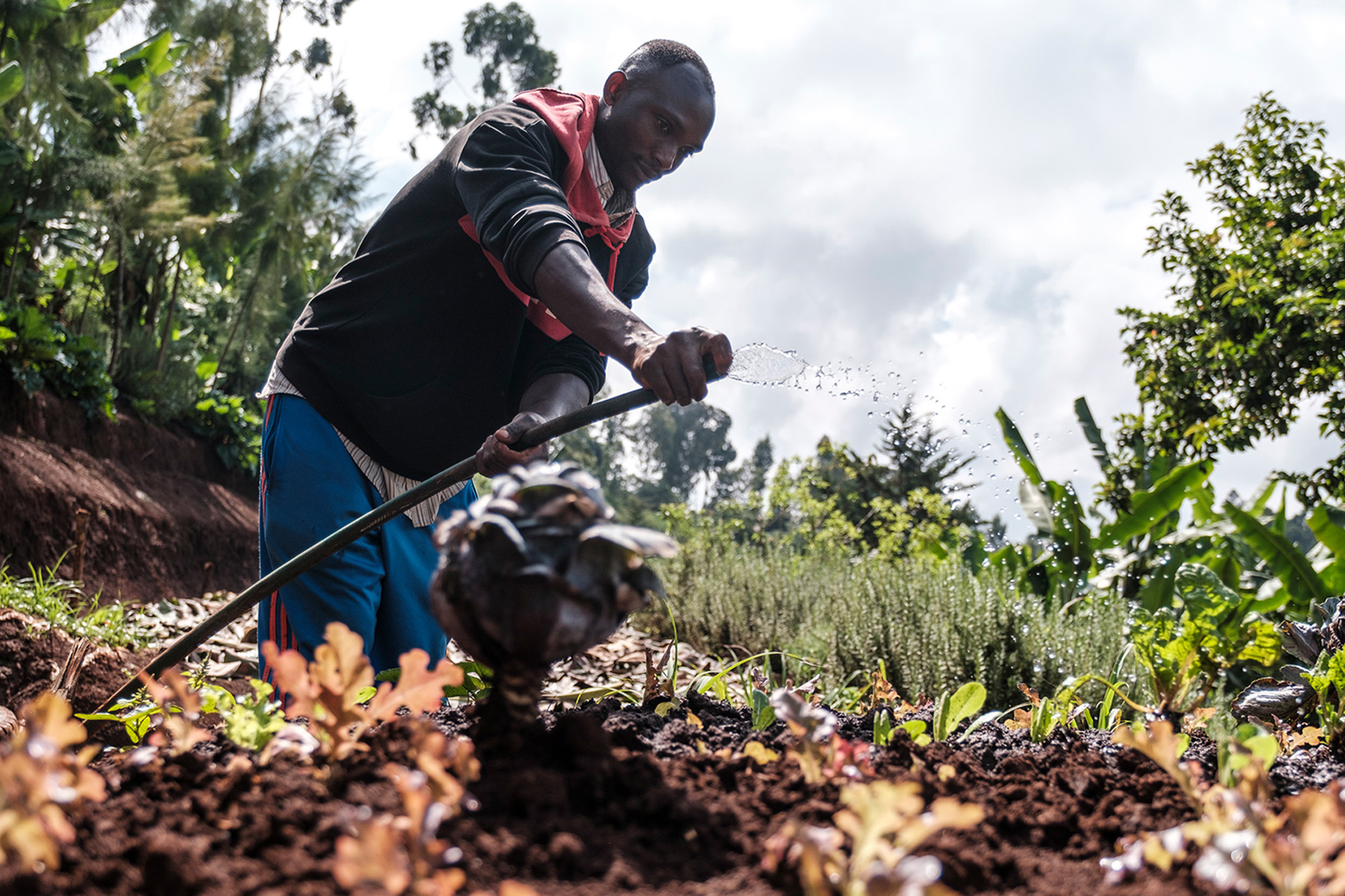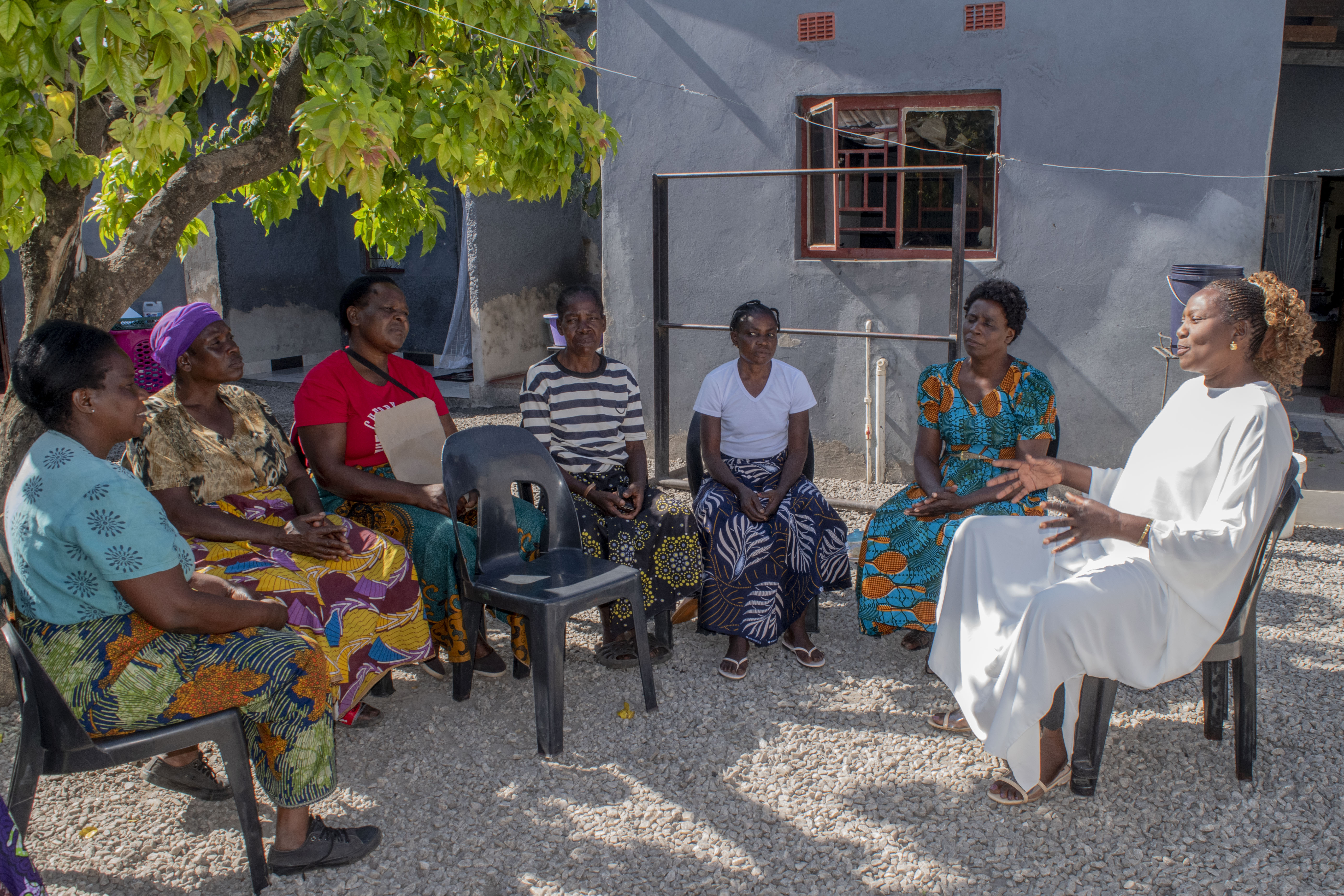Cabo Verde is a Small Island Developing State consisting of ten volcanic islands with a population of just over half a million people. Fogo, the youngest and most volcanically active island, is home to the Pico do Fogo volcano, which erupted most recently in November 2014, forcing the evacuation of 964 residents. The community of Chã das Caldeiras, located inside the volcano crater, was buried by lava. Despite this, the resilient community has bounced back, with around 500 people now living in the village and working in agriculture and tourism as part of Fogo Natural Park.
Economic Development
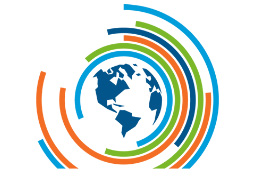
UN Global supply chain forum 2024
The inaugural United Nations Global Supply Chain Forum, hosted by UNCTAD and Barbados convened over 1,000 participants to address escalating disruptions in global supply chains.
From fighting climate change to eliminating hunger and poverty, digital technologies can help achieve 70% of targets under the UN Sustainable Development Goals. World Telecommunication and Information Society Day (17 May) is an opportunity to explore how digital innovation can unlock sustainable prosperity for all. However, with 2.6 billion people still unconnected, many countries struggle to keep up with today's fast-changing digital landscape. This year’s observance reminds the world of the progress yet to be made to ensure that everyone can benefit from digital technologies.
Kenyan women in savings groups spearhead economic empowerment, transforming lives and challenging traditional norms.
The International Day of Plant Health (13 May) urges collective efforts to preserve plant health and ensure food safety and safe trade for sustainable economies. Each year, millions of containers carry plant products and wood packaging materials between countries, facilitating pest transmission. Invasive pests cause global economic losses of around USD 220 billion annually. To protect global plant health, adherence to the International Standards for Phytosanitary Measures, and innovations like the electronic phytosanitary certificate, ePhyto, improve trade efficiency and security.
Artificial Intelligence (AI) is transforming various sectors and industries worldwide. Understanding and harnessing its potential is increasingly important for achieving the Sustainable Development Goals (SDGs). For this reason, the Economic and Social Council holds today a Special Meeting to explore ways to use AI to achieve the Sustainable Development Goals. The encounter aims to examine governance frameworks for deploying AI ethically and responsibly, showcase examples of AI's successful utilization, and facilitate collaboration among stakeholders to leverage AI for sustainable development.
Small Island Developing States (SIDS) are facing a convergence of crises including the economic fallout of COVID-19, particularly devastating for those countries reliant on tourism, and climate change, which exacerbates their vulnerability despite their minimal contribution to it. These challenges have depleted their finances and impeded progress towards achieving the Sustainable Development Goals. In response, the international community is gathering in Antigua and Barbuda (27-30 May) to craft new partnerships and solutions to enhance their resilience and prosperity over the next decade.
Skills and lifelong learning are essential for economies to prosper and for individuals to thrive and have access to decent work. Organized by the International Labour Organization, the Global Skills Forum is an opportunity for participants to lay out their visions for skills and lifelong learning and to advocate for the promotion of quality education and the pursuit of these goals through the lens of social justice. The event (April 23-24) will bring together representatives from around the world to discuss how to shape skills development as our economies and societies continue to evolve.
Despite record levels in 2022, the $4 billion drop in Official Development Assistance for developing countries underscores a critical gap in meeting Sustainable Development Goal 17 targets, particularly affecting the world's least developed nations.
The ECOSOC Youth Forum, the largest annual gathering of young people under the UN banner is set to convene at the United Nations from April 16th to 18th. This year’s forum echoes the theme of the 2024 High-level Political Forum: "Reinforcing the 2030 Agenda and eradicating poverty in times of multiple crises: the effective delivery of sustainable, resilient, and innovative solutions." The three-day event features plenary sessions, interactive thematic and regionally based discussions, and discussions on innovative solutions for young people in the implementation of the 2030 Agenda.
Financing challenges are at the heart of the current sustainable development crisis. In the wake of the COVID-19 pandemic, increasing geopolitical tensions and intensifying climate shocks, financing gaps are widening. The 2024 Financing for Sustainable Development Report: Financing for Development at a Crossroads offers concrete recommendations to scale up investments in the SDGs and recover lost ground. The Summit of the Future in September 2024 and the Fourth International Conference on Financing for Development Conference in June 2025 are the final opportunities to change the trajectory.
Water is crucial to life and economies, but it can also cause or be affected by conflict. The risk of conflict is increasing due to water scarcity and climate change, making effective water resource management essential for peace. Remote sensing, using open-access satellite data, can help monitor water resources, even in conflict-affected areas. The Water Productivity through Open-access of Remotely-sensed derived data, a tool created by the Food and Agriculture Organization of the United Nations (FAO), has been used in conflict zones like Syria, Sudan, Mali, and Sri Lanka to monitor water resources, reduce conflict, and restore access to water.
Remittances, totaling over $830 billion globally, serve as a lifeline for countless families in developing nations, making substantial contributions to poverty alleviation. These funds have a direct and positive impact on household incomes, empowering recipients to fulfill basic necessities like food, shelter, and healthcare. By easing financial burdens and enhancing living standards, remittances play a pivotal role in lifting families out of poverty and building economic resilience within communities. The importance of remittances in developing countries is underscored by UNCTAD's economist Bruno Antunes, as highlighted in the Weekly Tradecast episode.
Regina's journey exemplifies how economic empowerment can serve as a powerful tool in reducing HIV stigma and discrimination within communities.
Amira's coffee cupping initiative in Yemen not only preserves the nation's rich coffee heritage but also empowers women to become integral players in enhancing the industry's quality, economic growth, and global recognition.

